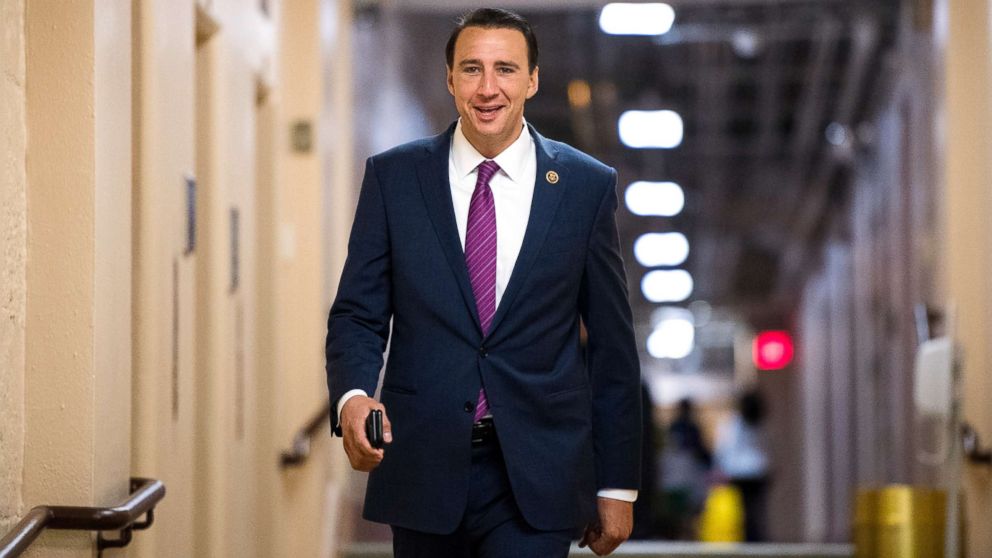

On August 11, 2012, former Massachusetts governor and 2012 Republican presidential candidate Mitt Romney announced Ryan, a favorite of fiscal conservatives, as his running mate for vice president, via the Romney campaign's mobile phone application. In this role, he helped negotiate the Bipartisan Budget Act of 2013 with Democratic Senator Patty Murphy. He began serving as the chairman of the House Budget Committee in 2011 until 2015. House of Representatives, representing Wisconsin's Congressional District 1. In 1998, at age 28, Ryan was elected to the U.S. If somebody is going to try to paste a person's view on epistemology to me, then give me Thomas Aquinas." Political Career It reduces human interactions down to mere contracts and it is antithetical to my worldview. According to an August 2012 article in The New Yorker, Ryan said of Rand, "I reject her philosophy. Ryan became interested in government after reading the literature of Ayn Rand Ryan has said that he agrees with Rand's "objectivist" philosophy, relating her philosophy to a fight of "individualism versus collectivism," but later stated that he rejects Rand's philosophy because he believes it's based on atheism. Senator Bob Kasten, and later for Senator Sam Brownback and New York Republican Representative Jack Kemp. He entered politics a few years later, working as a legislative aide for U.S. After his college graduation, Ryan began working as a marketing consultant for a family-run branch of a Wisconsin construction company. He went on to study at Miami University in Ohio where he graduated with a degree in economics and political science in 1992. Ryan has one sister, Janet, and two brothers, Tobin and Stan. His father, Paul Ryan Sr., worked as an attorney, and his mother, Betty Ryan, was a stay-at-home mom. Paul Davis Ryan was born on January 29, 1970, in Janesville, Wisconsin. Ryan was reelected to his Congressional seat in 2014 and the following year he was voted speaker of the House, becoming the youngest to hold the role in nearly 150 years.

In the 2012 presidential election, Ryan was the vice-presidential running mate of Republican nominee Mitt Romney, who ultimately lost the election to Democratic President Barack Obama. He was the chairman of the House Budget Committee from 2011 to 2015, and is considered a fiscally conservative voice in his party. representative of Wisconsin's Congressional District 1 since 1999, and became the chairman of the House Ways and Means Committee in January 2015. We love educating Americans about how their government works too! Please help us make GovTrack better address the needs of educators by joining our advisory group.Republican Congressman Paul Ryan has been serving as the U.S. Please join our advisory group to let us know what more we can do. We hope that with your input we can make GovTrack more accessible to minority and disadvantaged communities who we may currently struggle to reach. Our mission is to empower every American with the tools to understand and impact Congress. By joining our advisory group, you can help us make GovTrack more useful and engaging to young voters like you. Young Americans have historically been the least involved in politics, despite the huge consequences policies can have on them. Please sign up for our advisory group to be a part of making GovTrack a better tool for what you do. We hope to make GovTrack more useful to policy professionals like you. Positioned according to our ideology score (left to right) and our leadership score (leaders are toward the top). Ryan is shown as a purple triangle ▲ in our ideology-leadership chart below.Įach dot is a member of the House of Representatives Background: Earmark Disclosure Rules in the House Analysis Legislative Metrics The fiscal year begins on October 1 of the prior calendar year. We don’t have earmark requests for senators. Rather than being distributed through a formula or competitive process administered by the executive branch, earmarks may direct spending where it is most needed for the legislator's district.Īll earmark requests in the House of Representatives are published online for the public to review. Across representatives who requested earmarks, the median total amount requested for this fiscal year was $39 million.Įarmarks are federal expenditures, tax benefits, or tariff benefits requested by a legislator for a specific entity. Most representatives from both parties requested earmarks for fiscal year 2024. These are earmark requests which may or may not survive the legislative process to becoming law.


 0 kommentar(er)
0 kommentar(er)
